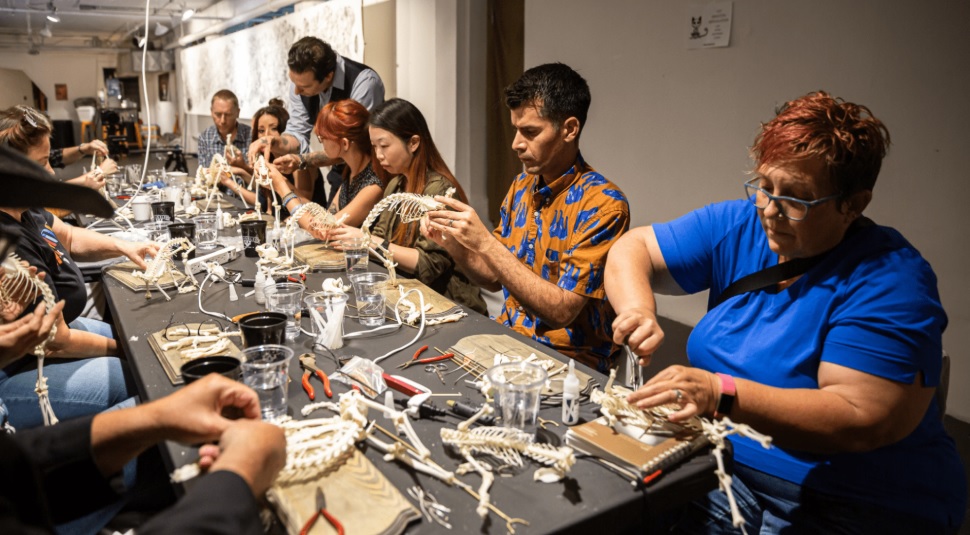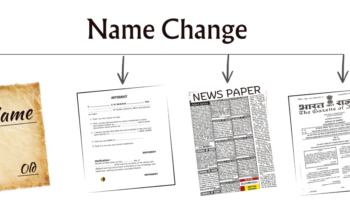You might wonder why interactive workshops for schools are gaining traction across UK classrooms. The answer lies in their ability to cater to diverse learning styles, ensuring every student has the opportunity to grasp complex concepts. By encouraging critical thinking and problem-solving, these workshops prepare students for real-world challenges, equipping them with essential skills for the future.
As you explore the potential of interactive workshops, consider how this innovative approach can reshape education. It’s not just about imparting knowledge; it’s about creating an environment where students are motivated to learn, explore, and grow.
Benefits Of Interactive Workshops
Interactive workshops serve as a dynamic force in classroom learning, pulling students into a world of immersive education. They set the stage for enhanced engagement, active learning, and collaborative skill development within educational environments. Consider these key advantages:
Enhancing Student Engagement
Think of engagement as the spark that ignites curiosity. Interactive workshops fan this flame by transforming passive observers into active contributors. Regular lectures might leave students passively listening, but workshops urge them to speak, ask questions, and share ideas. This shift in dynamics captures attention and sustains interest. With activities that challenge and intrigue, your students lean forward, eagerly absorbing knowledge.
Promoting Active Learning
Picture an environment where ideas leap off the page. Interactive workshops create this by embracing active learning principles. They invite you to explore concepts beyond mere memorisation. Through hands-on activities, such as simulations and role-playing, students gain a deeper understanding. Questions like “What if?” or “How might this change?” lead minds to ponder and reflect. Learning becomes an adventure instead of a chore.
Encouraging Collaborative Skills
Workshops place students on a shared path toward discovery. Instead of walking alone, they learn side-by-side, exchanging insights and forming solutions together. Collaboration blooms as students communicate and strategise, drawing on each other’s strengths. Group tasks and team-based challenges help build these essential skills. As students interact, they develop mutual respect and learn the art of compromise, preparing them for cooperative environments in the future.
Key Elements Of Successful Workshops
In interactive workshops for classroom learning, success hinges on several key elements. These components ensure that the educational experience is both enriching and engaging for students.
Clear Objectives
When planning a workshop, clear objectives act like a compass. What outcomes do you envision for your students? Well-defined goals guide the structure of activities, aligning them with desired skills like critical thinking and teamwork. Workshops might focus more on practical knowledge if the aim involves skill application. You should always ensure objectives are transparent so students understand what they may achieve.
Engaging Content
Creating engaging content is vital for capturing students’ curiosity. You can incorporate varied activities like discussions and role-play which transform learning into an interactive journey. Imagine content that unfolds like a story with unexpected twists to keep attention. Consider how sensory experiences, such as visual aids and dynamic presentations, can create an immersive environment that invites participation and exploration.
Effective Facilitation
An adept facilitator is crucial for a successful workshop. How might your role shape student experiences? You guide discussions and maintain engagement, ensuring each voice finds space in the collaborative symphony. Balancing authority with flexibility allows you to adapt as dynamics shift. Encourage questions and deepen understanding through insightful dialogue. Facilitators should respond to spontaneous needs and prompt deeper learning where necessary.
Types Of Interactive Workshops
Interactive workshops breathe life into classroom lessons. You’ll find an array of types each designed to illuminate learning in its own unique way.
Problem-Based Learning
Problem-Based Learning immerses you in realistic scenarios, challenging your brain to ignite. You might feel the intensity of solving a medical case or drafting a city plan. Here, questioning builds understanding with each moment providing insights that textbooks can’t capture. By tackling these complex situations, you nurture skills that follow you into tomorrow. Can you see the value in uncertainties that push you to think critically?
Role-Playing Sessions
Role-Playing Sessions let you step into others’ shoes, walking paths you may not otherwise tread. Perhaps you become a historical figure debating justice or a scientist discovering new galaxies. Through this you build empathy and deepen comprehension while weaving narratives that bind theories with practice. Each role offers a fresh lens to view familiar concepts. How might stepping into a role shape your perspective?
Peer Teaching
Peer Teaching transforms classmates into guides. Imagine explaining a maths concept as your peers absorb the knowledge from one another. Within this dynamic you not only reinforce your insights but also cultivate communication and leadership. Dialogue grows as students exchange ideas enriching understanding for each voice in the room. What happens when every learner becomes a teacher unlocking the potential within?
Challenges And Solutions
Interactive workshops revolutionise learning, though challenges can arise. Time constraints and diverse learning styles sometimes make dynamic engagement tricky, yet solutions exist if approached creatively.
Overcoming Time Constraints
Balancing workshop activities within time limits can be tough. Effective planning is vital for smooth sessions. Prioritising activities that align with learning goals streamlines content delivery and keeps students focused. Consider asking yourself how best to allocate time during activities. Identifying key learning objectives helps in trimming unnecessary parts. Utilising timers can ensure each activity gets adequate attention while allowing transitions without rushing. Effective briefing allows facilitators to connect key concepts efficiently, ensuring students grasp core ideas even when time is tight.
Managing Diverse Learning Styles
Diverse learning styles might pose a challenge in interactive workshops. Adaptive teaching methods help engage different learners effectively. Use varied activities like visual aids or group discussions to cater to diverse preferences. Additionally, asking open-ended questions invites varying perspectives, enabling students to relate content to their experiences. Consider utilising multimedia resources for auditory, visual or kinetic learners to absorb information best. Encourage peer collaboration, so students learn from each other, sharing insights naturally, and respect the different pathways individuals take in learning.
Implementing Workshops In The Classroom
Implementing workshops in your classroom transforms how learning unfolds. These dynamic sessions engage students and spark curiosity through action-oriented tasks and cooperative exercises.
Planning And Preparation
Successful workshops start with meticulous planning. Consider the essentials: objectives that define your journey and materials that support your path. Ask yourself, what should students achieve Could clear objectives guide the activities Expect varied materials like visuals and interactive tools to pique interest Developing a structured timeline ensures seamless transitions between activities. Will a mix of short tasks and in-depth projects keep students’ attention Facilitate an environment ready for learning by preparing the space to accommodate changes in activity variations. Flexibility in planning prepares you for the unexpected.
Assessing Learning Outcomes
Evaluating learning from workshops may differ from traditional methods. How can results be measured against objectives Consider rubrics that offer clear criteria and guide assessments. Might informal feedback loops, like peer reviews or reflective discussions, reveal deeper insights into understanding Explore ways to assess group collaboration effectiveness. Providing students with opportunities to showcase their learning allows you to gauge their grasp. Interactive elements offer pathways to understanding progress. Assessments come alive when assessment is part of learning, not just its end.
To Conclude
Interactive workshops have the potential to transform classroom learning by making it more engaging and effective. They cater to diverse learning styles and equip students with essential skills for real-world challenges. By promoting active participation and collaboration, these workshops create an immersive educational experience that goes beyond traditional teaching methods. With clear objectives, engaging content, and skilled facilitation, you can harness the power of interactive workshops to enrich the learning environment. As you implement these workshops, remember to plan meticulously and adapt to the unique needs of your classroom, ensuring a dynamic and inclusive educational journey for your students.




